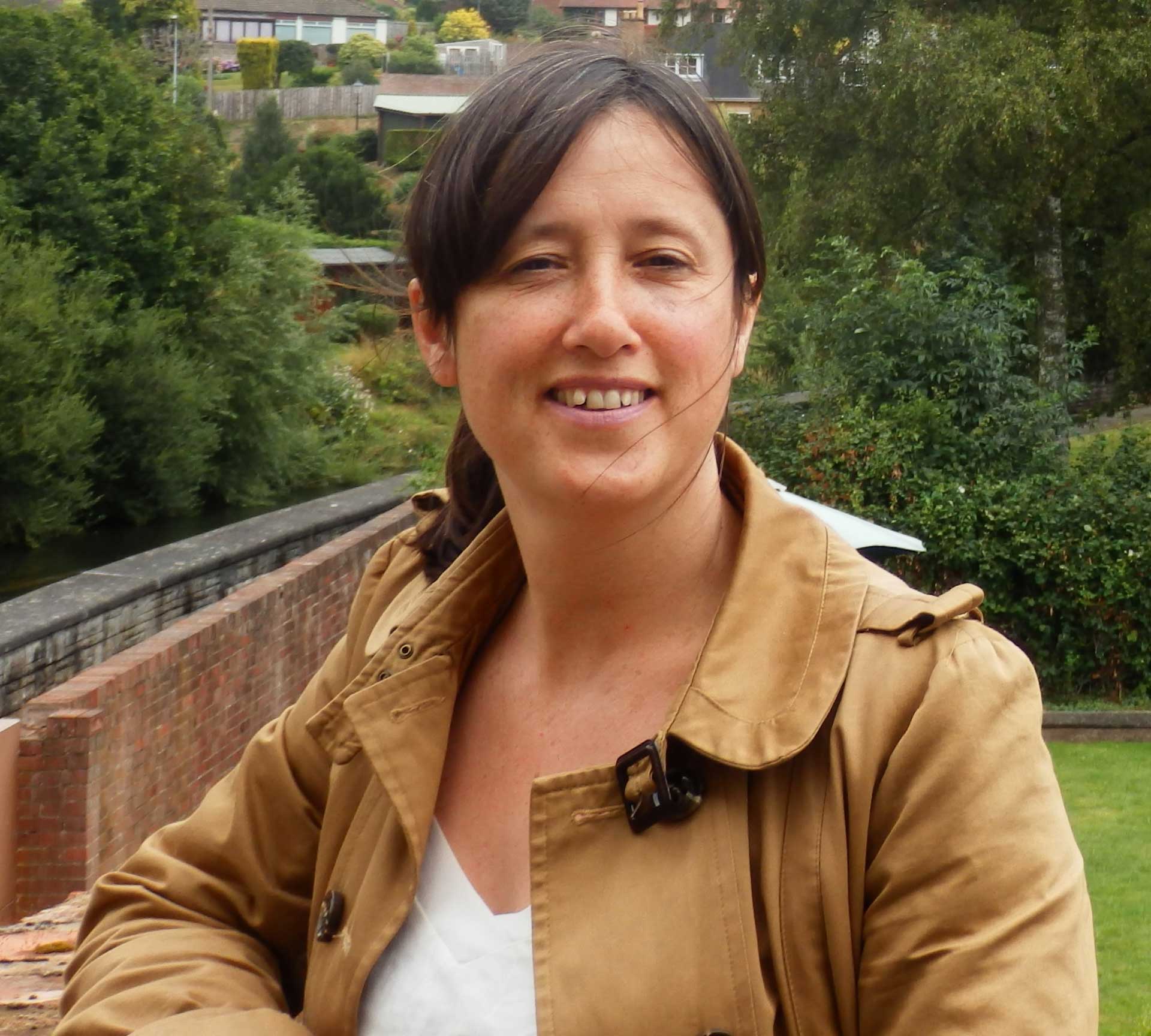Politics
Disabled people hit hardest by changes to benefits

CHANGES to the welfare system over the past ten years have left disabled adults four times worse off financially than non-disabled adults, according to new research commissioned by the Disability Benefit Consortium, a coalition of over 80 UK disability organisations.
While many people who receive welfare support have experienced cuts of an average of £300 as a result of changes to the welfare system, disabled people have typically lost around £1,200 per year.
. The research, funded by the Three Guineas Trust, is the first comprehensive study looking specifically at the cumulative impact of welfare changes on disabled people, and conducted by the University of East Anglia, the University of Glasgow and Landman Economics.
The research also found:
. The more disabilities you have the more you lose out, for example someone who has six or more disabilities loses over £2,100 each year on average, whereas someone with one disability loses around £700 each year.
Households with one disabled adult and one disabled child lose out the most, with average losses of over £4,300 per year.
Today’s report by the Disability Benefits Consortium (DBC), ‘Has welfare become unfair – the impact of changes on disabled people’, which is based on this research, looks at the financial impact and lived experiences of welfare reform on disabled people over the past ten years.
As part of the research, 50 people living with a variety of conditions and disabilities were interviewed about their experiences. People said that they found the application and assessment processes highly stressful, and that they did not feel trusted, and constantly challenged.
The DBC also state that the current system has become so complex and dysfunctional, that many disabled people have found it has had a devastating impact on their wider health and wellbeing.
Pam McGee, 48, from Kent, was diagnosed with multiple sclerosis (MS) in 1994, which severely impacts her mobility. After a PIP assessment in 2017 she lost the higher rates for both the mobility and daily living components, which means her support was cut by £290 a month and she no longer qualifies for a Motability car. She’s now appealing the decision and says the stress caused by this process has impacted her health. She said: “If I lost my car, I don’t know how I’d carry on. I’m terrified I’ll be out of a job because without the car I won’t be able to get anywhere. If I can’t work at the age of 48, I would lose all of my pride. People always ask ‘What’s your name and what do you do?’ My job is what defines me.
“In the last 10 weeks I’ve had a massive relapse. I went dizzy and lost all feeling in my left leg. When I spoke to my neurologist he said the relapse was probably caused by stress. I’ve also been depressed and eating less.
“PIP has caused me and my family a lot of anxiety and stress. It’s caused my MS symptoms to worsen, which has reduced my mobility, confidence, and ability to take care of myself physically as well as mentally.”
The DBC say that the failure to include disability premiums as part of Universal Credit, and poorly designed assessment criteria are just two examples of the problems that are leaving disabled people worse off and is calling on the Government to make urgent improvements to the welfare system to ensure it works for everyone.
Michael Griffin, Research Lead for the DBC and Senior Policy Adviser at Parkinson’s UK, said: “For the first time, our research has shown just how much disabled people are bearing the brunt of the disastrous changes to welfare.
“Many disabled people have not yet even experienced the full extent of the cuts because they are still waiting to be moved over to Universal Credit. However, when this happens there will be a surge in poverty among those who are already at a crisis point.
“This is simply disgraceful and cannot be allowed to continue. The Government must make urgent improvements to the application processes and assessment criteria, and resolve the flaws in Universal Credit before more people are denied the support they desperately need to live independently.”
News
Too many children in Wales living in poverty – Lib Dems want action

THIS week in the Senedd, the Welsh Liberal Democrats renewed their demands for the implementation of child poverty targets.
According to a report from the Bevan foundation, 29% of children living in Wales are currently experiencing poverty (an estimated 190,000 children).
The same report highlighted that the largest percentage of children living in poverty are from working households or in couple households.
The Welsh Lib Dems are now renewing calls for the Welsh Government to create a set of targets for reducing child poverty, which the party argues will allow for more accountability.
The party has previously called for the implementation of targets, citing recommendations from the Calling Time on Child Poverty Report published in November last year.
Commenting, the Leader of the Welsh Liberal Democrats Jane Dodds MS said: “The latest statistics on childhood poverty in Wales paints a very distressing image of families across the country struggling to make ends meet.
Over the course of the last six years, the proportion of children in poverty has skyrocketed. Fuelled by worsening economic conditions and a complete lack of action from both governments in Westminster and Cardiff Bay.
We cannot act complacent about these figures nor accept the clear lack of progress in fighting child poverty, behind each statistic is a child that the state has failed.
It remains painfully clear that the Welsh Government is failing to make any meaningful progress in this fight, which is why they must follow through with the implementation of clear set targets that will allow for further accountability.
We as a party have continuously called for the creation of these targets and we will not be silenced. For the sake of future generations we urge the Welsh Government to listen.”
Education
Conservative calls for academies and free schools rejected by Senedd

THE SENEDD has rejected calls to introduce free schools and academies after a report found major challenges in Wales’ education system.
Tom Giffard led a Conservative debate on educational attainment, warning that Wales is consistently at the bottom of UK-wide league tables.
The party’s new shadow education secretary pointed to an Institute for Fiscal Studies (IFS) report on education in Wales which found low outcomes and high levels of inequality.
Mr Giffard told the Senedd the IFS report highlights the pitfalls of the Welsh Government putting all its eggs in the basket of a skills-based approach.
Criticising a failure to measure skills inequalities and pupil progress, he stressed that Wales’ lower performance is due to policy and approach rather than funding or the pandemic.
He said: “It seems the Welsh Government relies on Pisa results to tell the story but then, when those same results are all too disappointing, they are dismissed in equal measure.”
Mr Giffard, who previously worked in a primary school, said declines in Pisa results can be observed in almost every country that has adopted a skills-based approach.
Raising concerns about disappointing Pisa results, the South Wales West MS pointed out that Wales saw the lowest scores in the UK for every subject.
Heledd Fychan, Plaid Cymru’s shadow education secretary, warned that Wales’ schools are understaffed and facing difficult decisions due to budgets being at breaking point.
She criticised implementation of the Welsh Government’s additional learning needs (ALN) reforms, saying schools cannot realise the aims without the budget to bring them to life.
Ms Fychan said Plaid Cymru agreed with much of the Tory motion but her party would not support calls for free schools and academies.
Sam Rowlands described the IFS report as damning, warning that the Welsh Government’s education reforms have been disastrous and have widened inequality.
The Tory MS claimed the reforms are systematically holding back disadvantaged children, saying: “The most remarkable fact is that the performance of disadvantaged children in England is either above or similar to the average for all children in Wales.”
Mr Rowlands added: “The poorest in England’s schools are doing the same or better than the Welsh average, thanks to ambition, the academies and free schools.”
Samuel Kurtz, a fellow Tory, said free schools and academies have driven up standards in England as he argued a Wales roll-out provides an opportunity to improve outcomes.
James Evans, the Conservative MS for Brecon and Radnorshire, highlighted the party’s pledge to get 5,000 more teachers into Wales’ classrooms.
Buffy Williams, the newly elected chair of the Senedd’s education committee, said Wales is undergoing a profound transformation propelled by ALN and curriculum reforms.
The Labour MS for Rhondda stressed the importance of listening to teachers and allowing ample time for the reforms to take root in classrooms across Wales.
Altaf Hussain recounted a conversation he had this week with a headteacher at one of the largest schools in his South Wales West region.
The Conservative said: “The major improvements they have been delivering to attainment and addressing behavioural issues are all at risk because of cuts to funding.
“Vital work undertaken to improve the lives of young people with additional needs could be halted because they cannot afford to continue employing the support workers.”
Lynne Neagle recognised the scale and seriousness of work still ahead to improve Wales’ education system, stressing: “I am not, in any way, complacent about that task.”
Wales’ newly appointed education secretary, who takes over from Jeremy Miles, said sustained improvement in attainment will be among her top priorities.
She told the chamber: “My early focus has been to listen closely to schools and where it is clear that schools seek more scaffolding.”
Ms Neagle said the Welsh Government will work with trade unions and employers to reduce workload and eliminate unnecessary red tape.
The Conservative motion was voted down, 14-35, following the debate on April 24. The motion as amended by the Welsh Government was agreed, 26-23.
Climate
£1m turbine application to be decided by all councillors at County Hall

A TWICE-BACKED £1m scheme for a “20-storey-high” wind turbine at a Pembrokeshire mansion will have to be decided by all councillors.
Mr and Mrs Glen Peters of Western Solar Ltd are seeking permission for a single turbine on land near the Grade II-listed Rhosygilwen Mansion, which includes an arts and functions building known as Neuaddydderwen.
Members of the April meeting of Pembrokeshire County Council’s planning committee were recommended to refuse the scheme, despite backing it at their March meeting.
This backing meant the application returned to the April meeting for ratification after a ‘cooling off’ period; the application having been deferred at the January meeting pending a site visit.
It was initially recommended for refusal in January for several reasons, including potential harm to the setting of the Grade-II-listed house and grounds, and fears of threats to the safe operation of West Wales Airport at Aberporth in neighbouring Ceredigion, some 9.5 kilometres away.
The last concern was later withdrawn.
In papers ahead of the April meeting, officers, again recommending refusal, have said the scheme “would not protect or enhance the setting [of Rhosygilwen] but rather would result in significant harm to this interest of acknowledged importance”.
They have also warned any backing of the scheme against policy recommendations could set a precedent for similar developments.
-

 News7 days ago
News7 days agoPolice issue update on the search for Luke, missing from Pembroke Dock
-

 News2 days ago
News2 days agoPolice and air ambulances at ‘serious incident’ at West Wales school
-

 News6 days ago
News6 days ago20mph U-turn: Some roads will return to 30mph following public outcry
-

 Community6 days ago
Community6 days agoMiracle pup finds her forever home after heart-wrenching journey
-

 Crime21 hours ago
Crime21 hours agoAll three school stabbing victims discharged from hospital, police confirm
-

 Crime2 days ago
Crime2 days agoPembrokeshire pensioner accused of 17 sexual offences against children
-

 Community3 days ago
Community3 days agoCounty Hall to offer space for community banking
-

 Crime4 days ago
Crime4 days agoBrian Davis: Wanted on suspicion of commercial burglary























